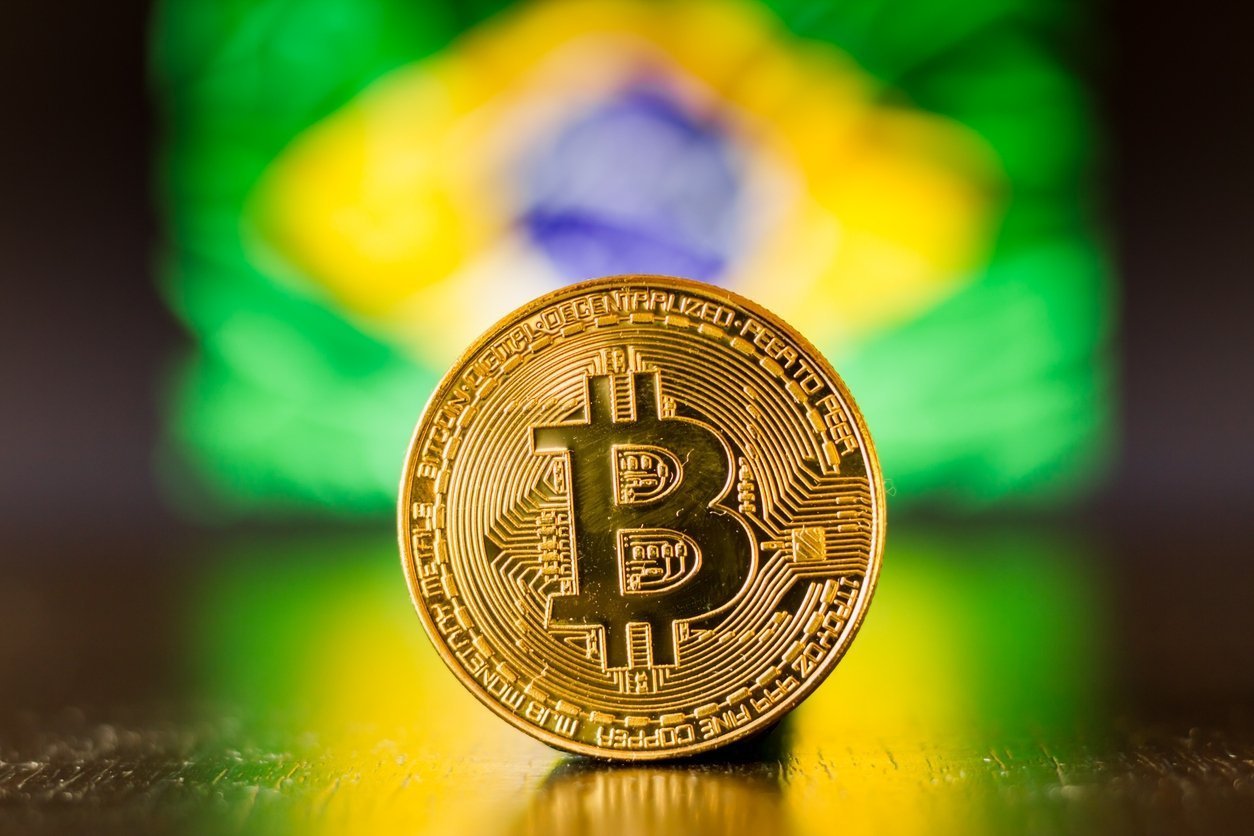Brazilian Cryptocurrency Law Likely to Be Reviewed by Lula’s Government – According to statements made by its former rapporteur, deputy Expeditto Netto, the recently approved Brazilian cryptocurrency law would most likely be revisited by the country’s newly appointed congress. Netto explained that the adjustments proposed in the law are not final, as the project may go back into discussion to revisit some of the issues left behind for approval.
Netto, who was not re-elected as a deputy in the general election last year, believes that major topics must still be considered and incorporated into the law. One of these was whether or not to require virtual asset service providers to separate user funds from their own funds. Analysts explained that pushing this on enterprises in the sector could have an impact on the items they could offer due to cash constraints.
People Also Read: US Arrests ‘Mutant Ape Planet’ NFT Creator in $3M ‘Rug Pull’ Scheme to Defraud Crypto Investors
However, there is international pressure for such restrictions to be imposed on cryptocurrency exchanges following the bankruptcy of FTX, one of the world’s biggest cryptocurrency exchanges, in November. Other less controversial topics, such as tax discounts for green mining operations, were also ignored.
According to analysts, the bill does introduce adjustments that will help customers feel more secure while investing in cryptocurrency assets. The Central Bank of Brazil was tasked with overseeing and registering the country’s exchanges and custodial institutions. Furthermore, the regulation allows the Brazilian Securities Commission (CVM) to interfere in portfolio offerings originating from these exchanges, limiting those deemed illegal.
Another touted benefit of the law is that it aims to directly criminalize cryptocurrency scams, establishing penalties for the people behind them. However, experts have expressed their dissatisfaction with the state in which the law was approved, saying that while this is indeed a good start, there needs to be additional regulation to extend what has already been established in the law.
READ MORE
Hong Kong Reaffirms Commitment to Become Regional Crypto Hub
Bank of France Governor Calls for Mandatory Licensing for Crypto Companies
Romania Carries Out Raids as Part of Crypto Tax Evasion Probe




